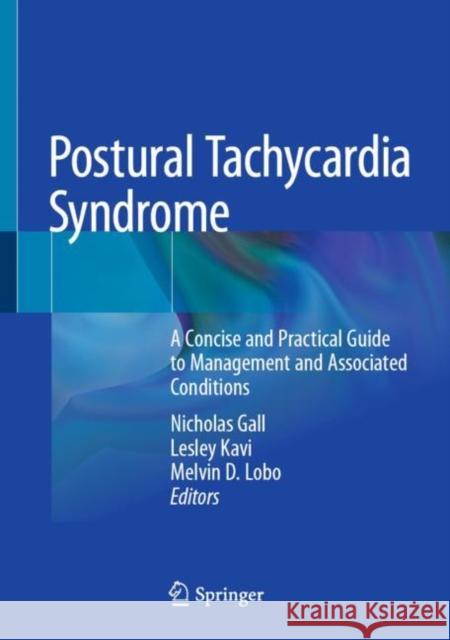Postural Tachycardia Syndrome: A Concise and Practical Guide to Management and Associated Conditions » książka
topmenu
Postural Tachycardia Syndrome: A Concise and Practical Guide to Management and Associated Conditions
ISBN-13: 9783030541644 / Angielski / Twarda / 2020 / 332 str.
Postural Tachycardia Syndrome: A Concise and Practical Guide to Management and Associated Conditions
ISBN-13: 9783030541644 / Angielski / Twarda / 2020 / 332 str.
cena 603,81
(netto: 575,06 VAT: 5%)
Najniższa cena z 30 dni: 578,30
(netto: 575,06 VAT: 5%)
Najniższa cena z 30 dni: 578,30
Termin realizacji zamówienia:
ok. 22 dni roboczych.
ok. 22 dni roboczych.
Darmowa dostawa!
Kategorie BISAC:
Wydawca:
Springer
Język:
Angielski
ISBN-13:
9783030541644
Rok wydania:
2020
Wydanie:
2021
Ilość stron:
332
Waga:
0.77 kg
Wymiary:
25.7 x 18.49 x 1.85
Oprawa:
Twarda
Wolumenów:
01











